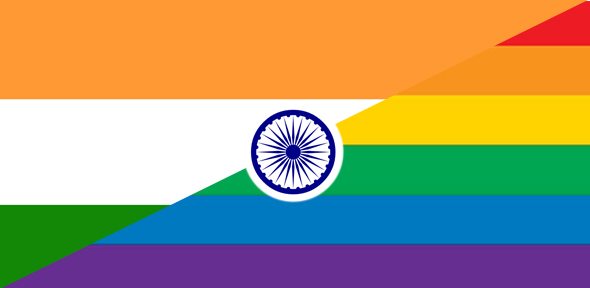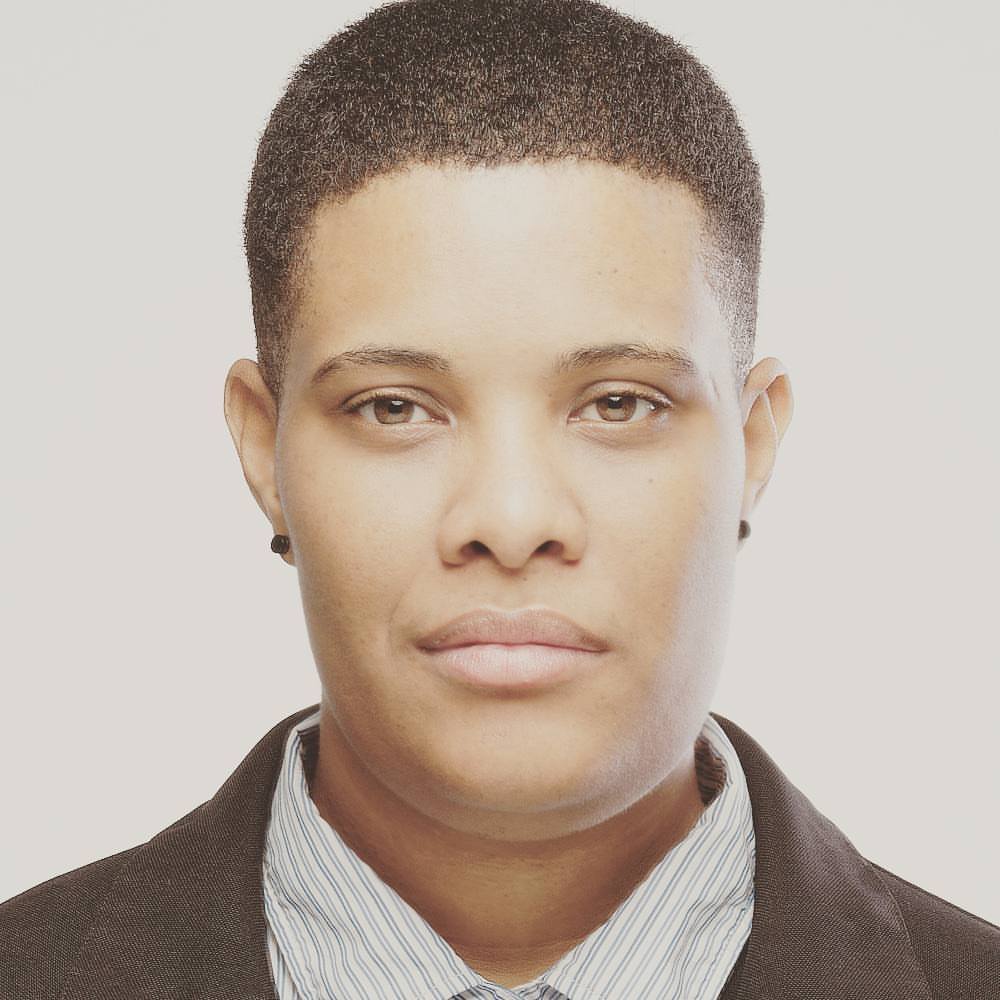
The following is a personal story by one of our Victory Institute fellows in India. Education is a pivotal entry point towards a better understanding of the LGBTQ community’s stories, struggles, and needs. The ability for members of the community to impactfully share their stories is a key factor in moving towards better conditions for LGBTQ persons around the world. The LGBTQ Victory Institute trains individuals all around the world, including India, to be leaders and advocates for the LGBTQ community. This type of work is pivotal in creating a greater sense of knowledge about issues surrounding the LGBTQ community that will inspire understanding and acceptance.
———
These were the words Basavaraj shouted when he addressed a gathering of 30 to 35 people at Vishranti Nilayam in Bangalore. They were elected members of the Town Municipal Corporation from various districts of Karnataka who had come for a training program organized by Urban Research and Anisha training center. “Do you who I am, and can you talk about me?” Basavaraj announced loudly. The participants looked confused. One of them said, “Are you reading poetry to us?” This made Basavaraj laugh but he continued talking.
Basavaraj had decided in advance that when he introduced himself, he would explain about sex, gender, and sexuality so that Basavaraj could grab the attention of the participants by introducing himself in a different way from the other speakers. This was his introduction: “I am Basavaraj from Yadgiri district, I am 44 years old and identify myself as male. My gender is Male, and my sexuality is homosexual and I identify myself as Kothi.” Every participant was shocked. Some found it very funny. But Basavaraj continued without pausing: “I have done my B.A. and B.Ed. My father passed away, I live with my mother, elder brother, and elder sister. When I was about to complete…”. A participant raised his hand and interrupted him saying “You introduced yourself as a man and when we see you we can make it out, but we could not understand the other two words you said. Can you please explain?” Basavaraj repeated the words “gender” and “homosexuality” and told the participants that these were the two topics about which Basavaraj would be speaking to them for more than half an hour. Then all the participants told him that they were here to learn and that Basavaraj should speak more about this topic because it was new to them. When Basavaraj heard this, he got really inspired and continued.
“When a child is born, based on the child’s genital organs we identify the child as male or female. This identification is called sex. If the child born with a penis, it will be Male and as he grows older, he will turn into a Man. Similarly, a child born with a vagina will be Female and as she grows older, she will turn into a Woman. This is what society believes, am I right? The participants replied. “There is nothing new in this. This is Nature’s rule.” “May I ask a question?” Basavaraj said. Okay, they said. “How will you or society identify a newborn which has no fully developed vagina or penis?” Every participant laughed and said, “It is impossible. We have not seen or heard about such a child.”
“Who owns creation?” Basavaraj asked. “Who are we to decide how something should be created and what it should look like? Human birth and growth and feelings are not manufactured like a product in the factory. Yes, my sex is Male, and as I grow, this society identifies my gender as Man because I have all the qualities a man has. I have worn jubba and pyjama and my voice is rough, etc. These physical qualities make society identify him as Man. But no one is sensitive to my feelings.”
Basavaraj gave the example of Deepika who was sitting beside him. “My friend Deepika, who is she?” The participants replied, “She is a Khoja. She was born as Male but now she has worn women’s clothes and has long hair. She looks like a girl but her voice is like a man’s.” A few were laughing and commenting among themselves.
Deepika, Basavaraj, and others of their community were feeling hurt by their language. But Basavaraj knew it was his duty to give them the right knowledge about his community. Basavaraj told the participants, “While you are all trying to understand the community, I request you to ensure not to say ‘Khoja’. Because words like Khoja, Chakka, Ombattu, Sangha, etc are derogatory words that will hurt us deeply. If we understand the difference between sex and gender such mistakes will not happen in the future.” “We will not discuss Deepika’s sex at the time of birth, but we should see how Deepika wants society to identify her, and we should respect her choice. According to the law, there are many gender identities.”
Basavaraj could make out that the participants lacked orientation about their community. They did not know that LGBTIQ is the umbrella term under which their community members identify themselves as Transgender, Hijra, Kothi, DD, Gay, etc. They dress according to what we feel like inside and some of may not wear clothes that match our gender. Basavaraj wishes society would open its “inner eyes” and understand the community’s emotions and respond to them. Then, in future, they will not have to hear such a sentence as “Do you know who I am? Can you talk about me?”
